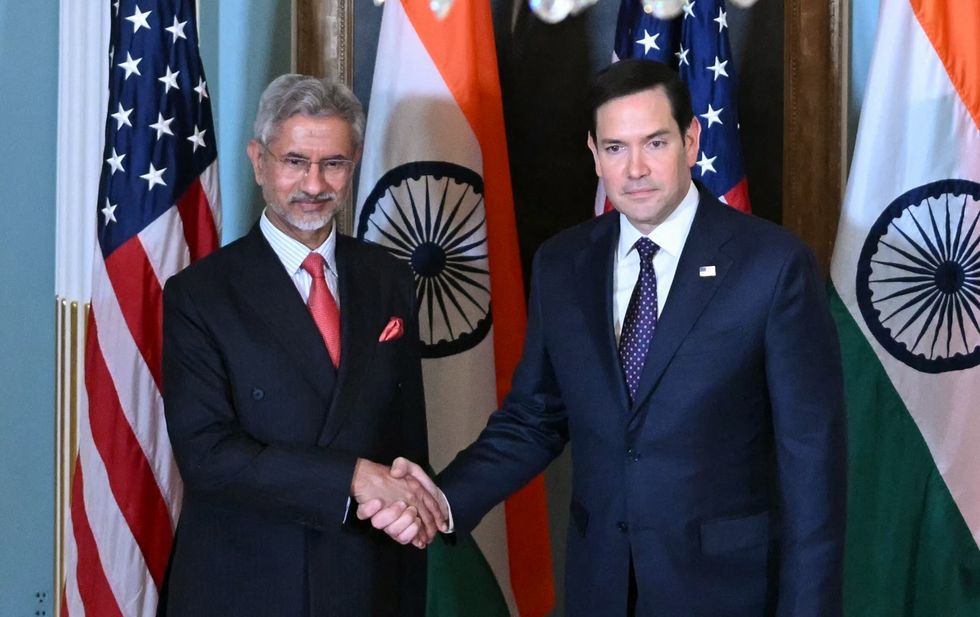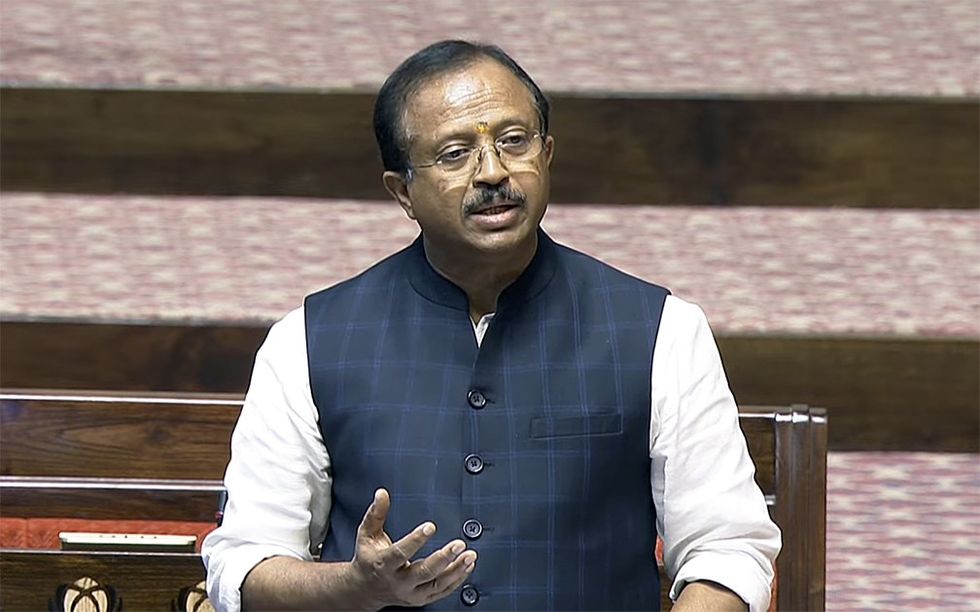INDIAN universities have expanded their presence in the annual rankings of the leading global educational institutions from 49 to 56 but dropped out of the top 300 bracket in this year's 'Times Higher Education World University Rankings'.
India's top-ranked university, Bangalore's Indian Institute of Science (IISc) declined, marking the first time that India is not in top 300 since 2012 in the tally once again topped by the UK's University of Oxford.
ISc still ranks the highest for India but has dropped into the 301-350 bracket (from 251-300 cohort), due to what has been described as a significant fall in its citation impact score offsetting improvements in research environment, teaching environment and industry income.
"India has a huge amount of potential in global higher education, given its rapidly growing youth population and economy and use of English-language instruction. However, it is disappointing to see the country fall out of the top 300 of the rankings this year, with only a small number of institutions registering progress, said Ellie Bothwell, THE' rankings editor.
"The Indian government has strong ambitions to boost the global standing of its top universities and attract foreign students, academics and research collaboration. It now needs to back up these aspirations with high levels of investment or risk declining further amid increasing global competition, especially from other parts of Asia, she said on Wednesday (11).
Overall, 56 Indian universities feature in the table, up from 49 last year. As a result, India holds on to its place as the fifth most-represented nation in the world and the third most-represented in Asia, behind Japan and mainland China. It has eight more universities than Germany, which is sixth in the country ranking, but 25 fewer than China.
Newcomer Indian Institute of Technology Ropar makes an impressive entry, pushing Indian Institute of Technology Indore, which remains in the 351-400 band, into third place.
Overall seven Indian universities fall into a lower band this year, while the bulk of the nation's institutions remain stable. But there are a small number of risers, including Indian Institute of Technology Delhi, Indian Institute of Technology Kharagpur and Jamia Millia Islamia.
The best Indian institutions are generally characterised by relatively strong scores for teaching environment and industry income, but perform poorly when it comes to international outlook in comparison to both regional and international counterparts, THE' rankings notes.
While Oxford tops the global rankings for the fourth year running, the California Institute of Technology (Caltech) rises from fifth to second.
The University of Cambridge, Stanford University and the Massachusetts Institute of Technology (MIT) all drop one place to third, fourth and fifth respectively, while Princeton University and Harvard University swap places to finish sixth and seventh respectively.
Yale University holds steady in eighth, the University of Chicago rises one place to ninth, while Imperial College London falls one place, rounding out the top 10.
The UK capital, however, claimed a major win with four universities in the city listed in the top 40 more than any other city in the world. The news came as the UK government introduced a two-year post-study work visa for international students, allowing overseas graduates a significantly longer period of time to find work after their studies.
"This announcement from government is a tremendous boost for the UK capital, which will further enrich London's post-study offer for international students and provide exciting opportunities for employers here," said Lalage Clay, Director, Education and Talent at London & Partners, the Mayor of London's official promotional agency London & Partners and home of Study London.
"Our institutions are committed to attracting and nurturing bright young minds from all over the world, who will go on to become global ambassadors for our city, Clay said.
Imperial College London (10th), University College London (15th), London School of Economics and Political Science (27th), King's College London (36th), and Queen Mary University of London (110th) make up London's leading top-ranked universities.
The World University Rankings' are drawn from the Times Higher Education' database of university performance metrics, with over 170 separate data points on each of the world's leading research universities and two global surveys of senior, published scholars from its annual reputation survey: with more than 21,000 responses adding 250,000 items of data.
(PTI)

















 US secretary of state Marco Rubio with India’s foreign minister Subrahmanyam Jaishankar in Washington DC last Tuesday (21)
US secretary of state Marco Rubio with India’s foreign minister Subrahmanyam Jaishankar in Washington DC last Tuesday (21) Anit Mukherjee
Anit Mukherjee V Muraleedharan
V Muraleedharan Dr Sasikumar S Sundaram
Dr Sasikumar S Sundaram


 Workers clean communication equipment aboard INS Surat on January 11
Workers clean communication equipment aboard INS Surat on January 11